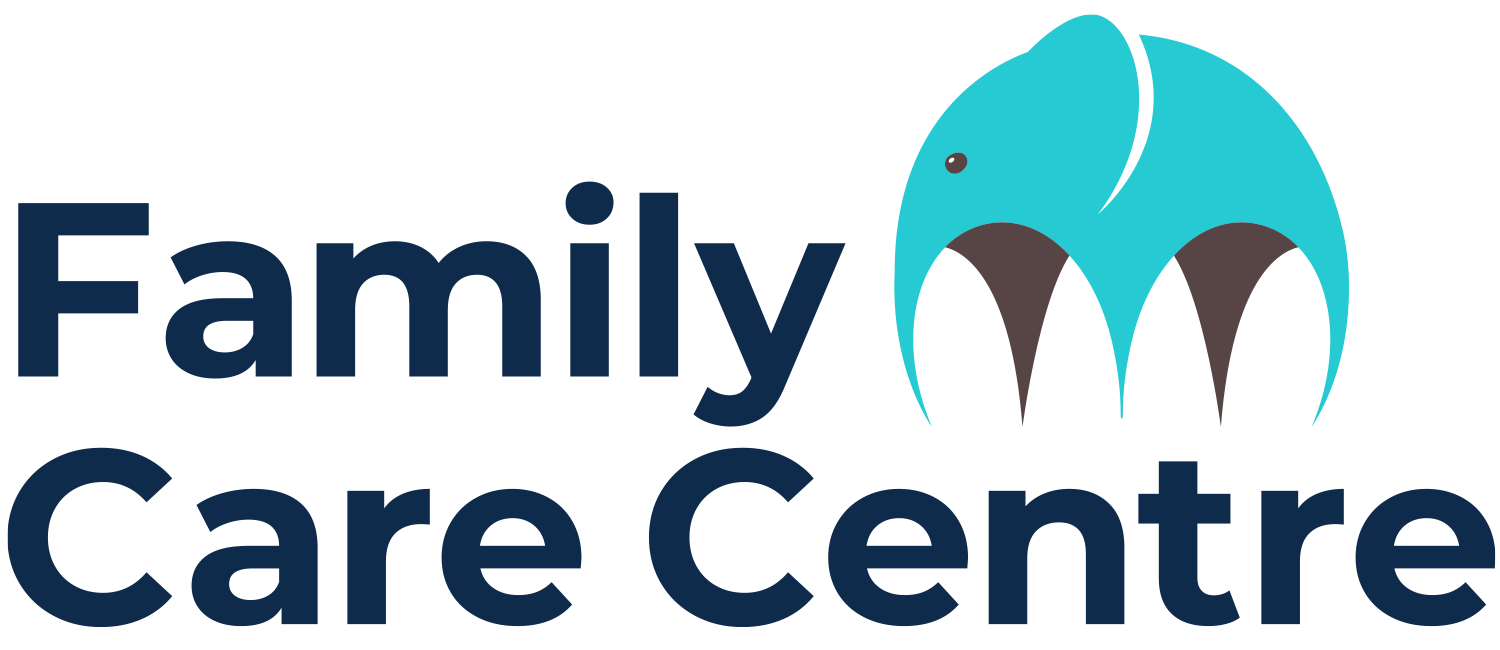What is Aggression Toward Family or Caregivers in Childhood and Adolescence (AFCCA)?
Aggression in children and youth is a concerning issue. A particular type of aggressive behaviour during these years is “Aggression toward Family or Caregivers in Childhood and Adolescence” or AFCCA. This is a pattern of behaviour where a child or young person engages in aggressive acts aimed at family members or caregivers. This can cause significant physical and/or psychological harm to the child or young person, the family member or caregiver toward whom the behaviour is directed, as well as other family members.
What does AFCCA look like?
AFCCA is most often directed toward primary parents or caregivers or siblings in the home, but it can also happen with caregivers in other settings. This behaviour can become entrenched and escalate over time. Some common ways AFCCA presents itself either in the home or out in the community include patterns where a child or young person is:
- Expressing angry or aggressive outbursts towards others. These seem unprovoked and can sometimes last for an extended period. It can also be difficult to calm the child or young person during and after the incident.
- Using aggressive language or posturing. This can include making threats of harm to family members and/or other caregivers or threatening to hurt themselves.
- Physically injuring others or themselves. This can include pushing, shoving, spitting, tripping, hitting, kicking or throwing things, or engaging in acts of self-harm.
- Psychologically or emotionally injuring others or themselves. This includes saying hurtful things, making unfounded accusations, swearing, etc.
- Engaging in dangerous or risky behaviours either in or outside of the home. This can include setting fires, destroying property, stealing, running into or toward traffic, using illegal drugs, using weapons, etc.
It’s difficult to understand these kinds of aggressive incidents when they present in children and youth. Some describe it like a tornado that arises when certain factors are in place, like trauma, neurodevelopmental disorders, a history of exposure to violent behaviour, etc. Parents and caregivers report feeling shame, stigma and isolation when they experience AFCCA, making it really hard for them to talk about, which in turn makes it hard to ask for support. When these behaviours occur regularly, persist, result in injury or harm to others, and/or seem to be getting worse with time, it’s important to seek help. We’ll talk more about how throughout this resource.
“I was very isolated and (had) a real sense of shame. A lot of the narrative in the world is that if you have a problem, you find the right help and it is resolved, especially with mental illness. It was such a shame, really. I got more and more isolated….”
